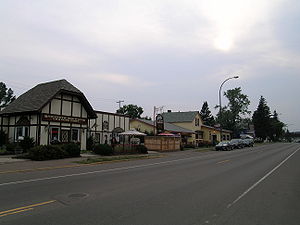
- Image by gnackgnackgnack via Flickr

- Image by gnackgnackgnack via Flickr
By MATT HOPF
Herald-Whig Staff Writer
Quincy [IL] and a United Kingdom-based company remain in contact in hopes of reaching an agreement to install a fiber-optic network throughout the city.
The City Council approved a pilot project in September that allowed the company to install 1,300 feet of fiber-optic cable in municipal sewer lines along South 46th Street.
The cable is laid on the bottom of sewers and anchored down with mats, a process that has been used in the UK.








